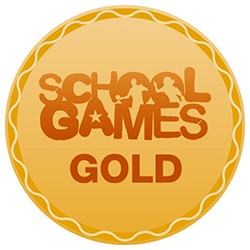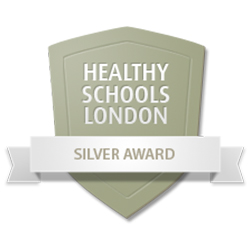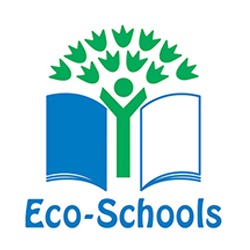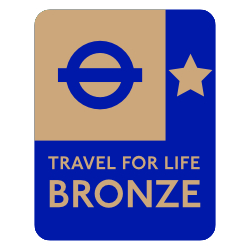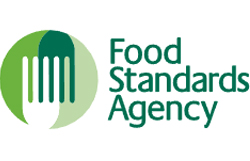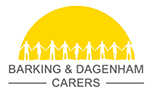At Valence Primary school we aim to provide a safe, happy and relaxed learning environment within art, design and craft to stimulate creativity and imagination. A high-quality art and design education should inspire, engage and challenge children to communicate what they see using drawing, colour, texture, pattern, and sculpture.
Intent
At Valence Primary school we aim to provide a safe, happy and relaxed learning environment within art, design and craft to stimulate creativity and imagination. A high-quality art and design education should inspire, engage and challenge children to communicate what they see using drawing, colour, texture, pattern, and sculpture. We aim that all children will develop a love and passion for art.
The children will explore ideas and meaning through the work of various artists past and present, exploring their own creativity and equipping them with the skills to become artist. They will gain independence by thinking and becoming independent learners. The children are encouraged to take part in a wide range of cultural and artistic activities (Article 31) ie international day. We also encourage our children to work together in groups which will encourage their respect for one another and develop their resilience. We encourage children to ask questions to stimulate curiosity and build confidence.
Implementation
At Valence Primary School, the skills and knowledge that the children will develop are mapped across each year group and are progressive throughout the school. The emphasis on knowledge ensures that children understand the context of the artwork, as well as the artists that they are learning about and being inspired by. This enables links to other curriculum areas, including humanities, with children developing a considerable knowledge of individual artists, as well as individual works and art movements. Children are given opportunities to express their individual creativity e imagination, as well as practise and develop mastery in the key processes of art: drawing, painting, printing, textiles and sculpture.
Each new unit of work begins with a recap of the previous related knowledge from previous years. This helps children to retrieve what they have learnt in the earlier sequence of the programme of study, and ensures that new knowledge is taught in the context of previous learning to promote a shift in long term memory. Key vocabulary for the new topic is also introduced as part of this ‘unit introduction’ and children are shown the ‘Topic Vocabulary (TV) Mat. This provides definitions and accompanying visuals for each word to ensure accessibility to all. This approach also means that children are able to understand the new vocabulary when it is used in teaching and learning activities and apply it themselves when they approach their work.
The KWL process is used throughout each unit of work. Once children know the new vocabulary for the unit and how it relates to previous learning, the children are asked what they already know specifically about the new topic. This provides the teacher with an insight into the children’s ‘starting points’ for the topic, to enable the use of assessment to inform planning. The children are then also asked what they would like to know and class responses are collated and used to inform the programme of study to ensure an aspect of ‘focussed interest planning’. A record of this process kept in children’s topic books. At the end of the topic, children take part in a review of what they now know. This involves a review of the key knowledge, with reference to the TV (knowledge) mat. The teacher is then able consolidate any of the key knowledge which is identified at this part of the process as not yet being secure.
Within all lessons, teachers plan a phase of progressive questioning which extends to and promotes the higher order thinking of all learners. Questions initially focus on the recall or retrieval of knowledge. Questions then extend to promote application of the knowledge in a new situation and are designed to promote analytical thinking, such as examining something specific. In design and technology, an example of this level of questioning might ask children to consider how a mechanical system (such as gears and pulleys) might speed up, slow down or change the direction of movement. The questions that teachers ask within the same lesson phase, then focus on the children’s own work and how they might change or create an outcome and justify a choice they have made which is based on their evaluation.
The school’s high-quality art curriculum is supported through the availability of a wide range of quality resources, which are used to support children’s confidence in the use of different media. The school’s unique locality is also utilised, with planned opportunities for learning outside the classroom, as well as the involvement of adults with specialist skills from the local and wider community.




